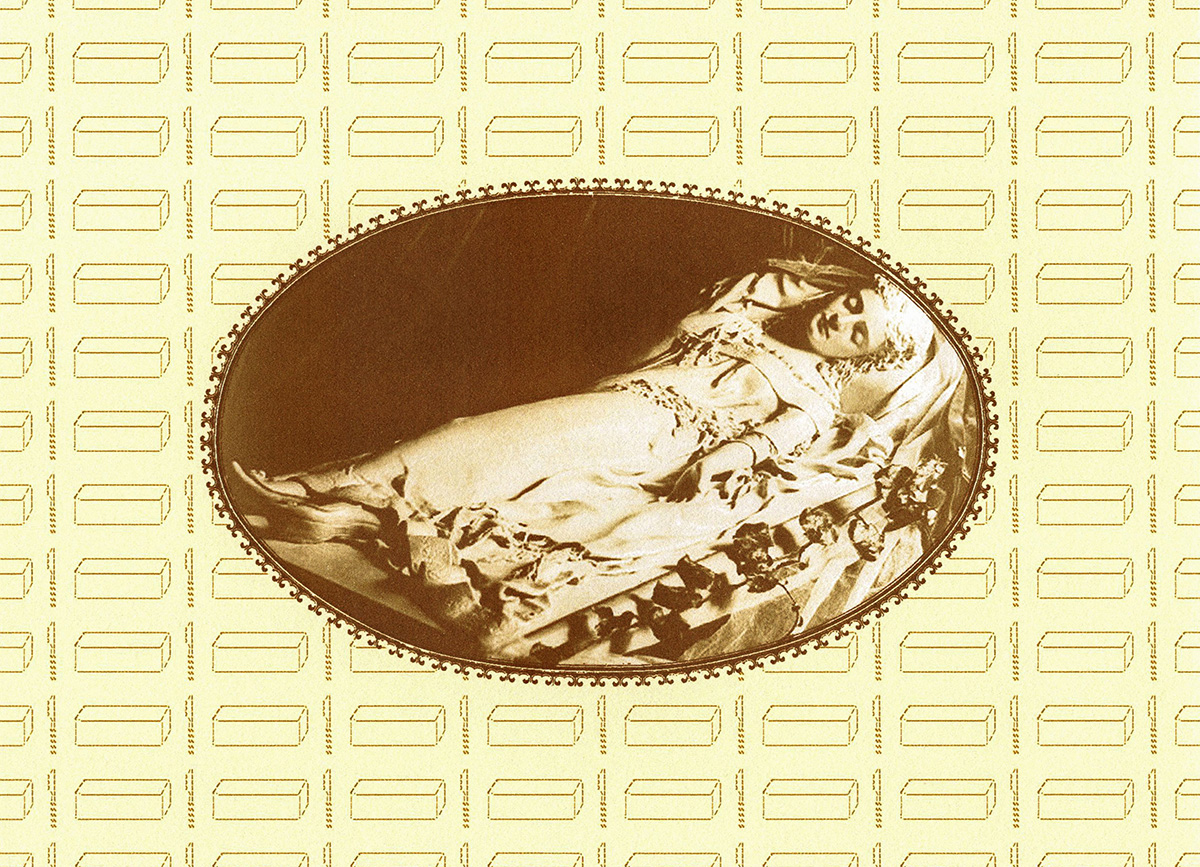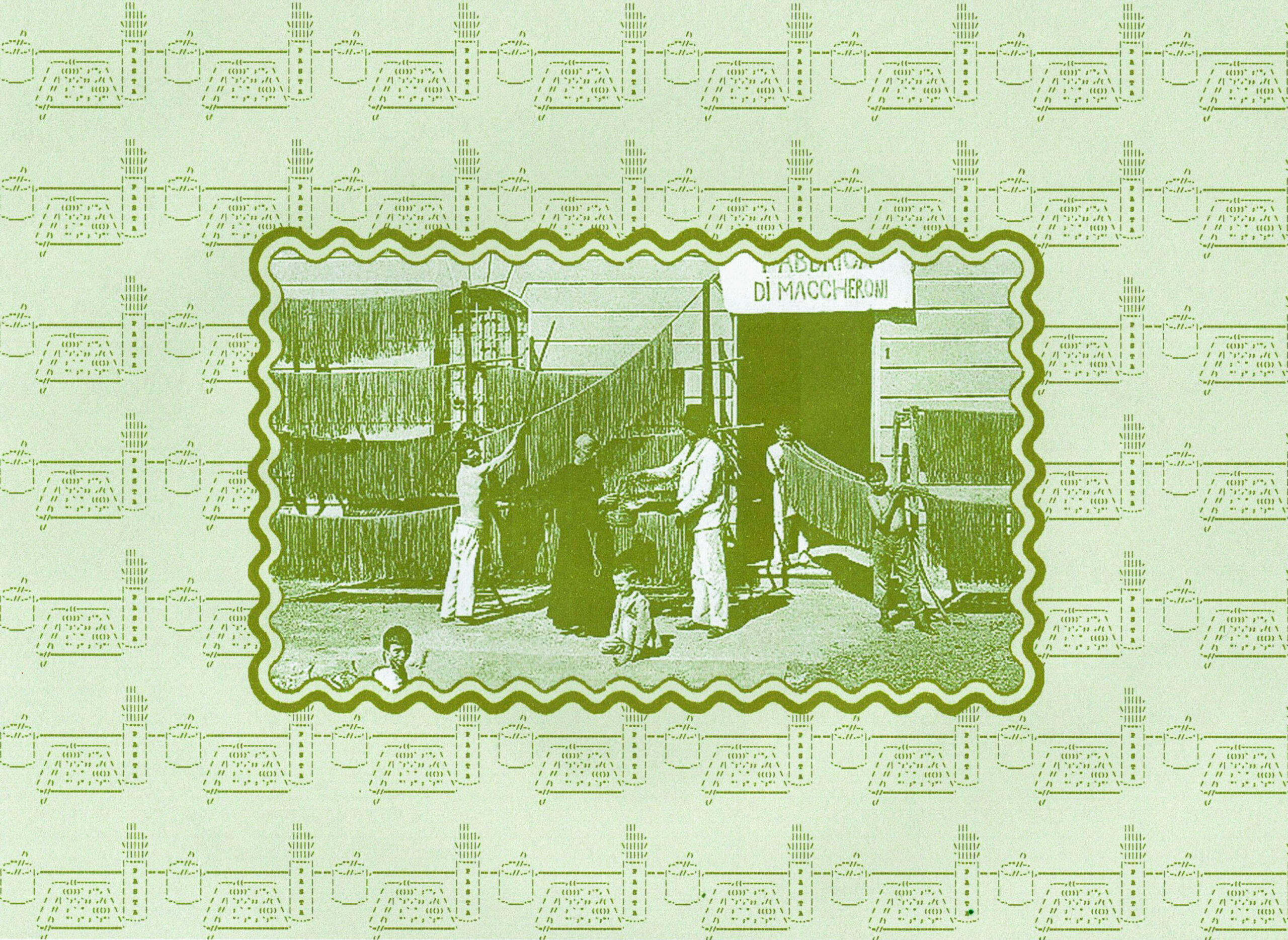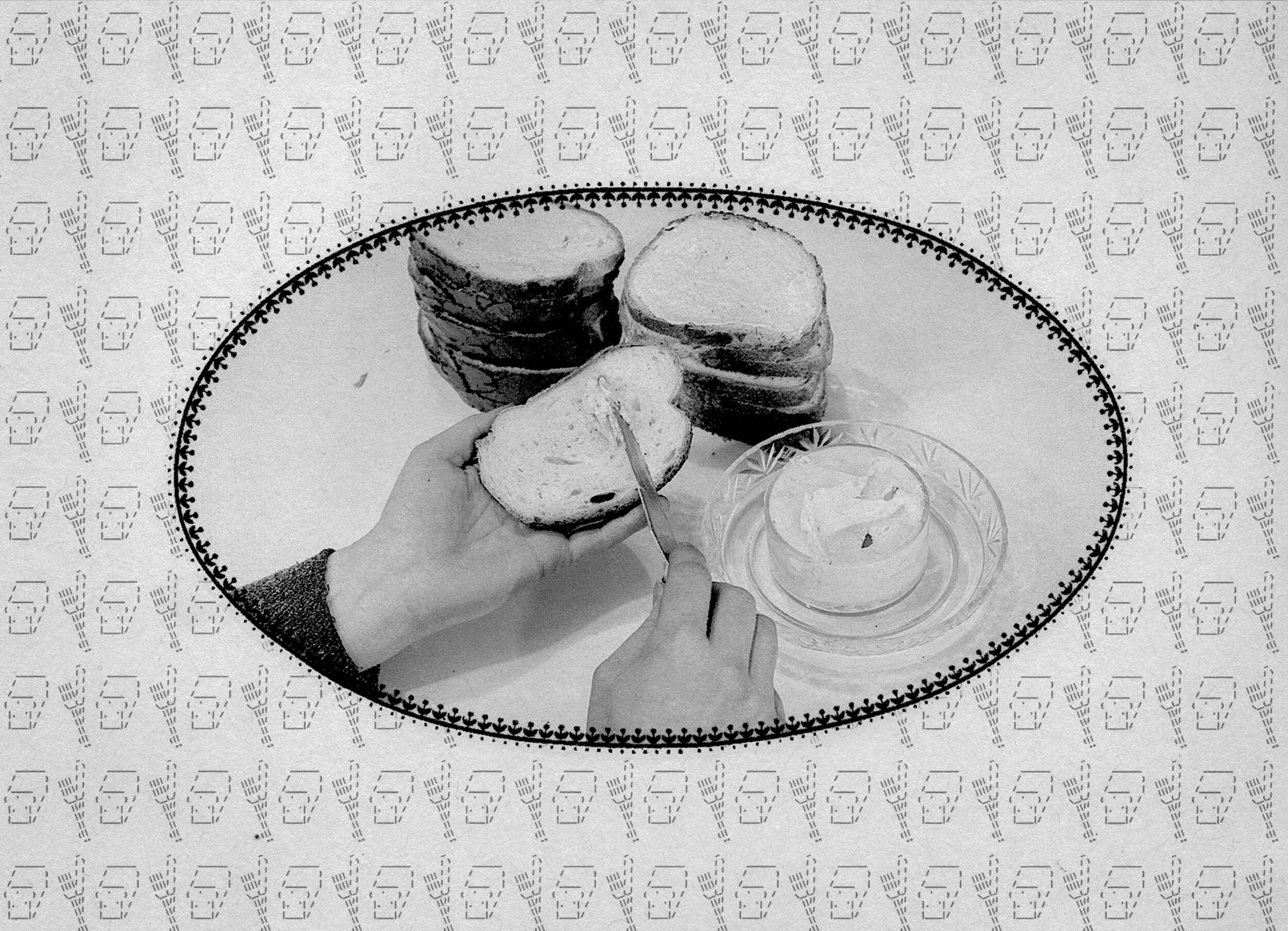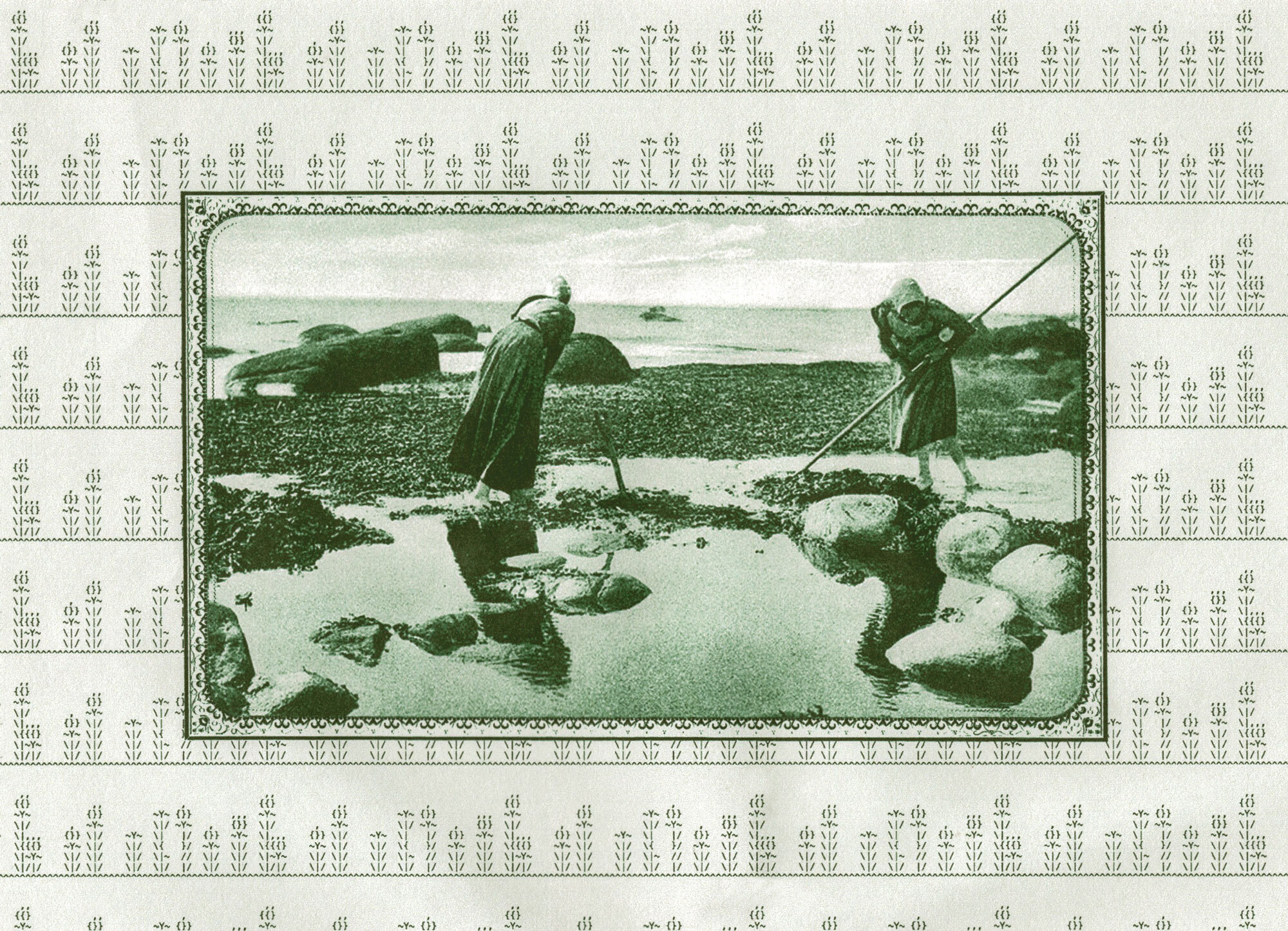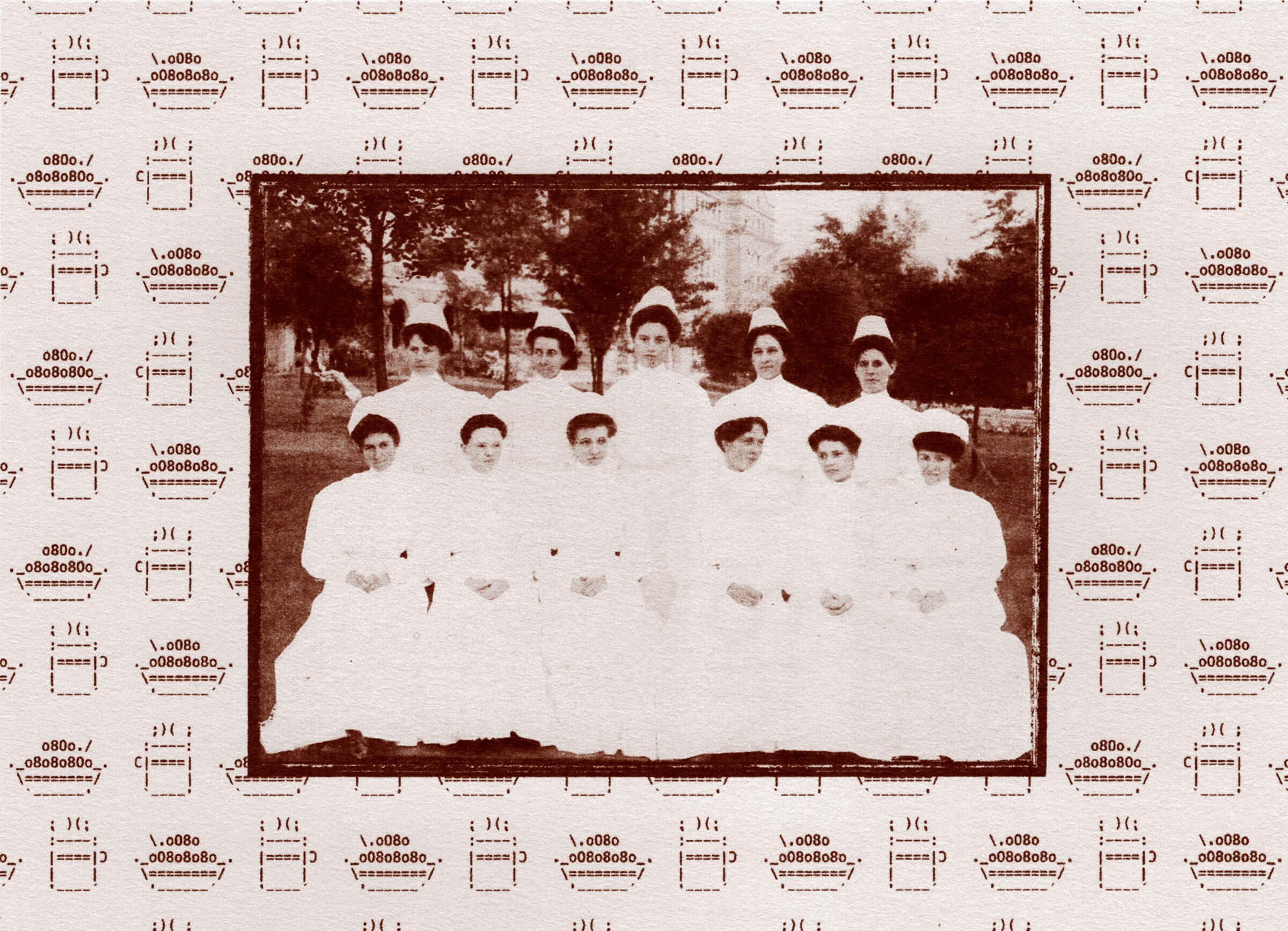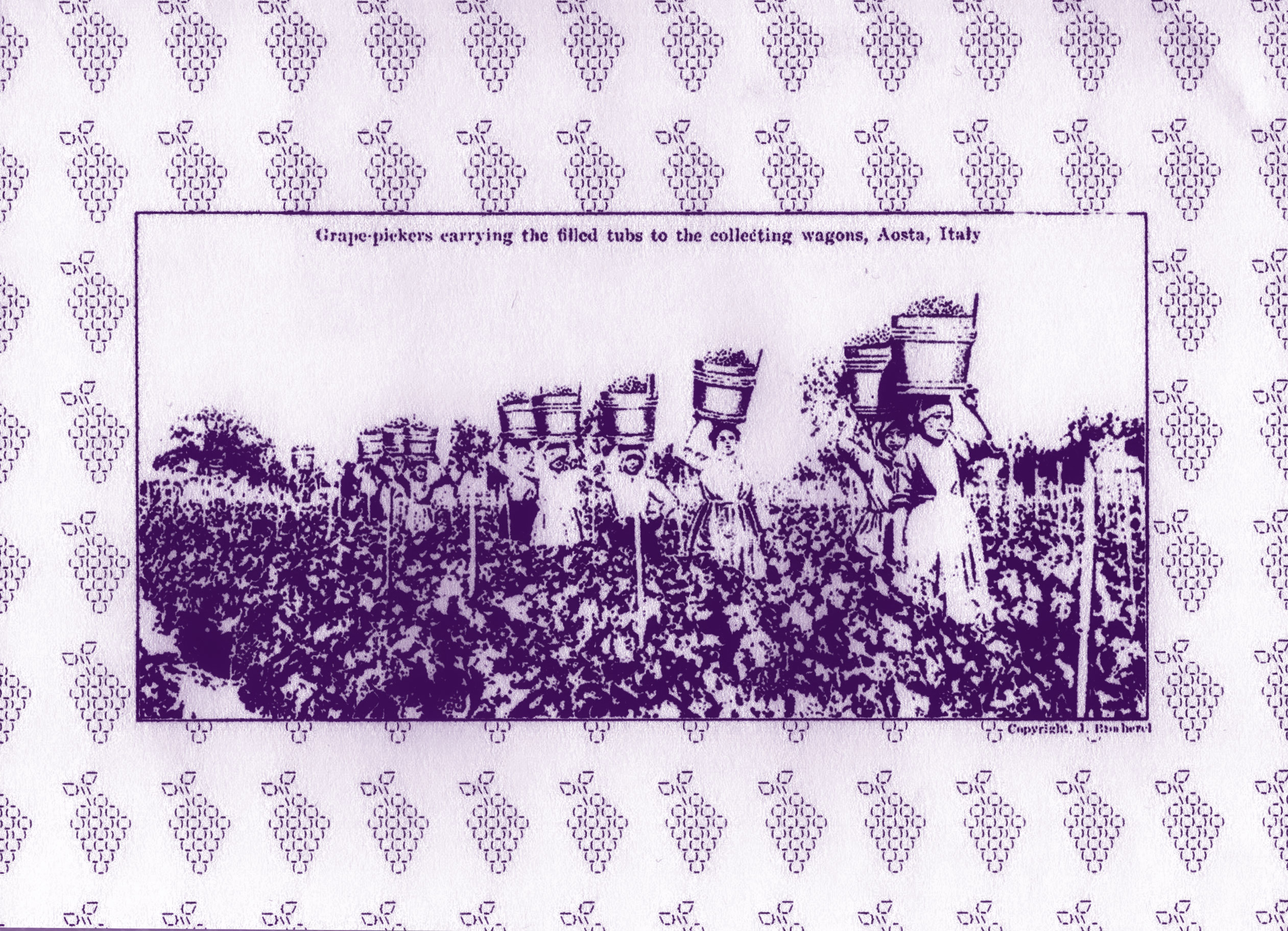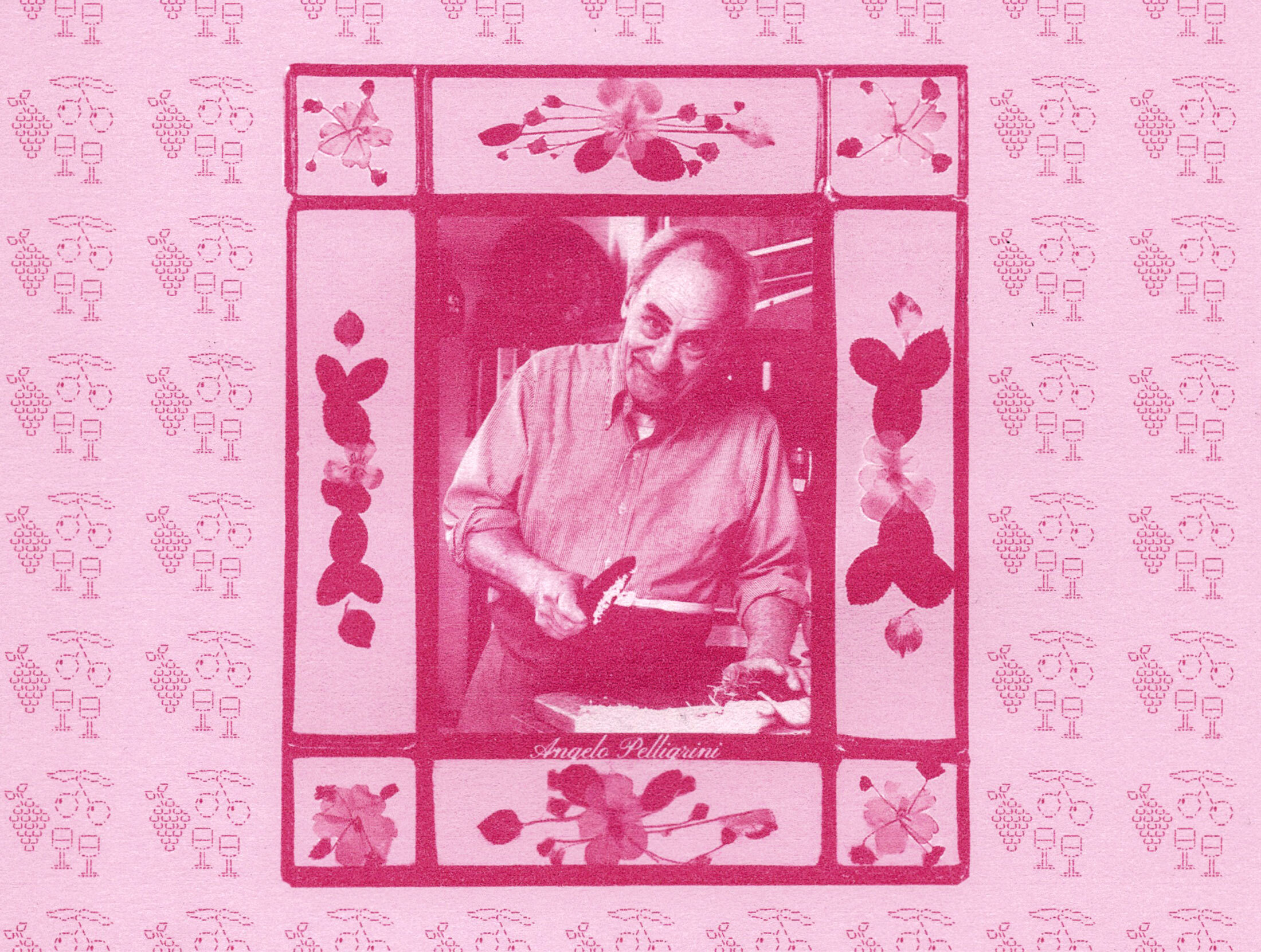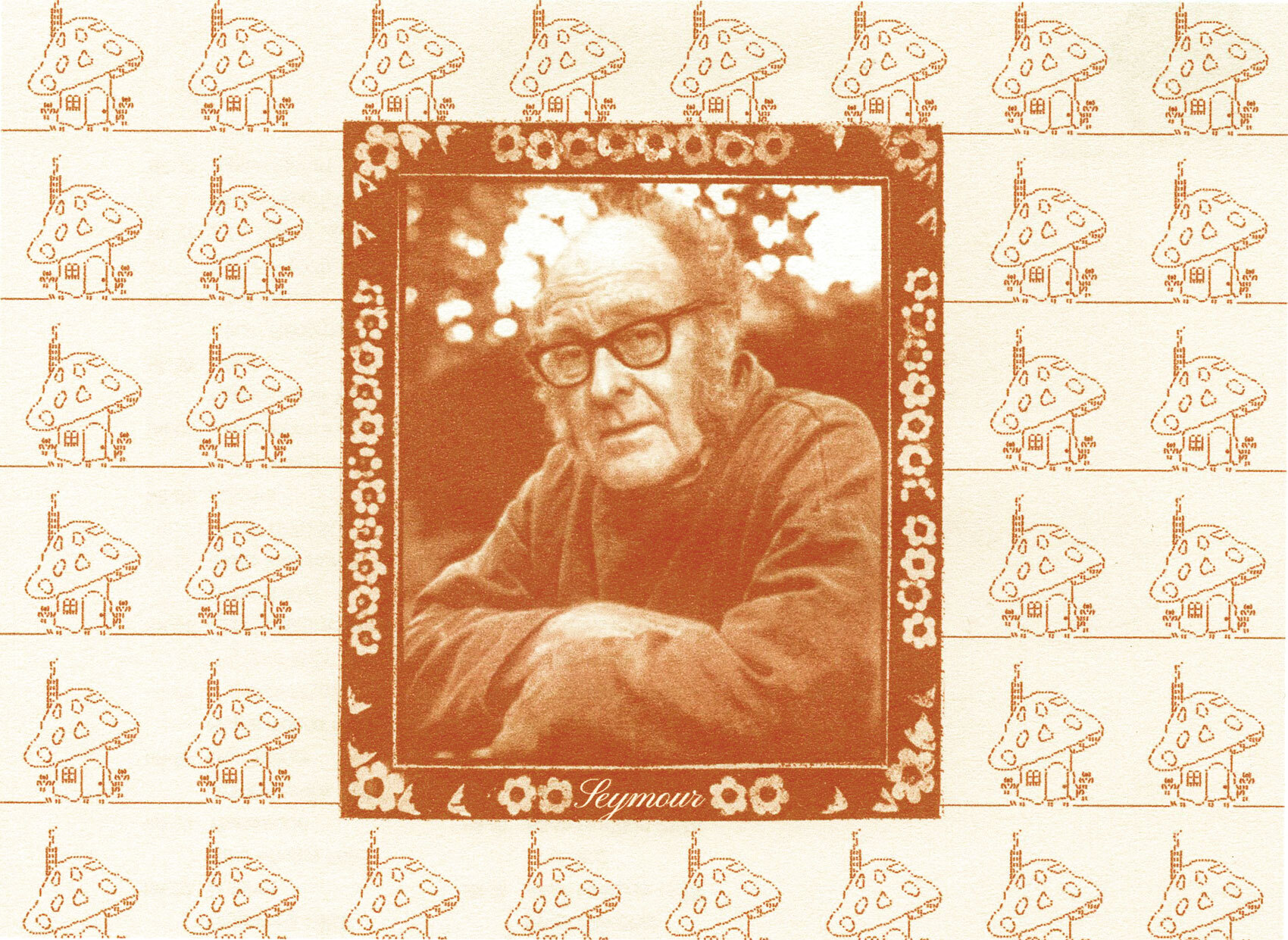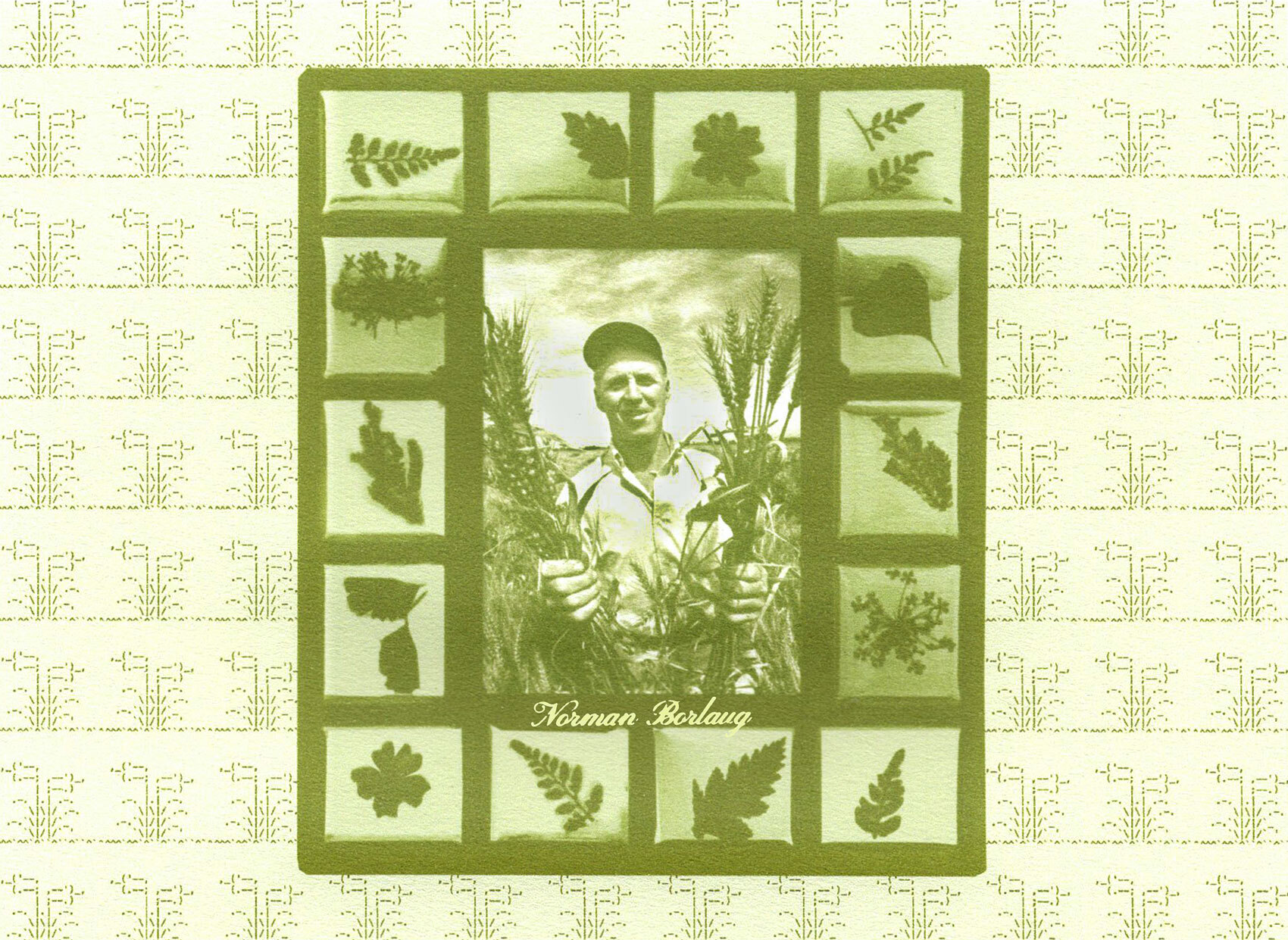Repast tells the stories of cooks, designers and scientists throughout history to help us design better food futures.
The past few weeks have seen further reports of food shortages across the world due to the COVID-19 pandemic — from schools struggling to secure cafeteria food (Wall Street Journal), to empty store shelves throughout the UK due to staff shortages as workers self-isolate after exposure(Financial Times). As many have begun to consider moving forward in a post-COVID world, the concerns for many of us are simply what we will put on the table if supplier shortages continue.
While the stockpiling and panic-buying of 2020 may now feel like a hazy nightmare, confronting the reality of rising prices and empty refrigerators adds urgency to finding solutions as to how we can avoid repeating the same mistakes. Looking back to the policies of war-time Europe and America — a time of strict rations, food stamps and making do — provides insight into how people of the past coped during hardship. But if you know food writing, you most probably know M.F.K. Fisher, hailed as ‘poet of the appetites’ by John Updike.
Mary Frances Kennedy Fisher was born in Albion, Michigan in 1908, but grew up in the Quaker town of Whittier, California. She is most known for bringing a love of French cuisine back to the States, after moving to France and ‘discovering food’ as a young bride in 19291. During her lifetime, Fisher wrote 27 books and revolutionized the way American women thought about cooking and eating in an attempt to help a country “live most agreeably in a world full of an increasing number of disagreeable surprises” during World War II2.
- 1. Ruth Reichl.
- 2. M.F.K. Fisher, How to Cook a Wolf.

A Book to Relish Food
In the 1930s American food was convenient and fast – canned, frozen, even ‘instant’. Having directed all resources to the war, shortages faced during WWII were felt acutely across stateside households forcing cooks to stretch time, money and creativity to feed empty stomachs.
In 1942 M.F.K. Fisher released How to Cook a Wolf, in response to wartime rationing and economic uncertainty. At this point in her life, Fisher had already written two books and was mourning the tragic death of her second husband. The book intended to inspire creative home cooking, despite obvious difficulties. How to Cook a Wolf is filled with poetic descriptions, signature dry wit, and, every now and then, a recipe. Likely a breath of fresh air for households being told to “make do” with less, Fisher encouraged experimentation, invention and appetite.
In a review of the book in The New York Times on May 22 1942, Orville Prescott writes:
“Mrs. Fisher writes about food with such relish and enthusiasm that the mere reading of her books creates a clamorous appetite. She also writes with a robust sense of humor and a nice capacity for a neatly turned phrase.”
But he then goes on to exclaim:
“She has the weird notion that if a soup is rich enough and good enough, it is almost presumptuous to want anything else. Imagine! And she is very scornful and patronizing about desserts, too.”
It is true that Fisher wrote of ways to save— as well as savor— food. Her unorthodox ideas and methods might have been new territory for many. In the first chapter, titled “How to Be Sage Without Hemlock” she dismisses the notion that “three daily meals should be ‘balanced’”, and complains of the confusing nature of ‘International Units’. Humorously posing the idea of a balanced diet as a “sad rigmarole” and a “drearily familiar song”, Fisher instead puts the power in the readers’—or cooks’—hands, asking that they “eat the way they want to”, and avoid the “ghastly stupid monotony” of daily meal planning.
The book goes on to energetically show readers that it was still quite possible to take pleasure in cooking and eating, even under the restrictions of rationing. For a writer who dedicated her life’s work to outwardly speaking of the epicurean nature of cooking and eating, this guide to wartime fare was no exception. Her readers related to her writings on the pleasures of food, life and love that we all experience. In a collection of essays published just a year later, The Gastronomical Me (1943), Fisher introduces the book with this argument:
“People ask me: Why do you write about food, and eating and drinking? Why don’t you write about the struggle for power and security, and about love, the way others do?…
…The easiest answer is to say that, like most other humans, I am hungry. But there is more than that. It seems to me that our three basic needs, for food and security and love, are so mixed and mingled and entwined that we cannot straightly think of one without the others.”

The Case for Bread
Fisher’s ability to make the darkest of times inspire the imagination and make mouths water is evident in the short chapters of How to Cook a Wolf. One of which, titled “How to Greet the Spring” begins with several pages of sensuous descriptions of fish, before four simple recipes that all include canned tuna or shrimp as the centrepiece. Another notable chapter, “How to Keep Alive”, details a recipe for an aptly named vegetable ‘Sludge’, that promises to last you “from three days to a week” on just fifty cents.
Some of these recommendations might sound extreme, almost parodic, but for many struggling with food insecurity, particularly over the last 18 months, a present-day reading of How to Cook a Wolf is eerily relatable. One chapter, “How to Rise Up Like New Bread”, vehemently rejects the factory-made soft white bread known to American households, and encourages homemade bread to leave “you filled with peace, and the house filled with one of the world’s sweetest smells.” This sounds all too familiar to us almost 80 years later, after COVID-19 lockdowns have seen kitchen windowsills full of jars of bubbling sourdough starter, and an appreciation for the labour and care that goes into forming and baking a loaf (when one has the time).
“For probably there is no chiropractic treatment, no Yoga exercise, no hour of meditation in a music-throbbing chapel, that will leave you emptier of bad thoughts than this homely ceremony of making bread.”
M.F.K Fisher
A Culinary Caution
There is no telling how many housewives and home cooks actually took Fisher’s resourceful advice (such as keeping an old gin bottle in the ice box and filling it with vegetable, meat and fruit juices at every opportunity, as a hearty stock) –– but her words made an undeniable impact on the American woman’s attitude towards cooking and creating means of sustenance in scarcity . How to Cook a Wolf was revised and re-released in 1951 during the Cold War, with extra recipes and candid notes added in parentheses by the author.
Fisher wrote that those who have lived through the restrictions of the war “will feel, until their final days on earth, a kind of culinary caution”, approaching ingredients as though they could, at any moment, be ripped from their cupboards. There are multiple lessons to be learned from Fisher’s guidance, for our current circumstances –– not only cooking with gusto and ingenuity, but valuing the source of our food, the journey it has taken to reach our kitchens.
M.F.K. Fisher reminded America that cooking should be fun, social, and experimental – even when times are hard. Moving between France and America, she continued writing about food for the rest of her life, and spent her last 20 years in her “Last House”, Glen Ellen, California. Her long and fruitful life could perhaps be attributed to her ability to continue writing passionately of food, life and love through hardship and heartbreak. All of us experience loss and anguish in our lives that may no doubt affect our appetite, for food as well as the world around us. But M.F.K. Fisher made food her world, and encouraged generations of home cooks to follow suit.
In a feature commemorating the writer’s 100th birthday, Jeannette Ferrary wrote for Gourmet, “Mary Frances Kennedy Fisher insisted on good, honest food and good, honest writing.” Perhaps we should again take note of Fisher’s words and use them to inspire us to transform the way we navigate crisis, cook for ourselves, and nourish our friends and families. “Perhaps, even, we will remember how to make good bread again3.”
- 3. M.F.K. Fisher, How to Cook a Wolf, 1942.


